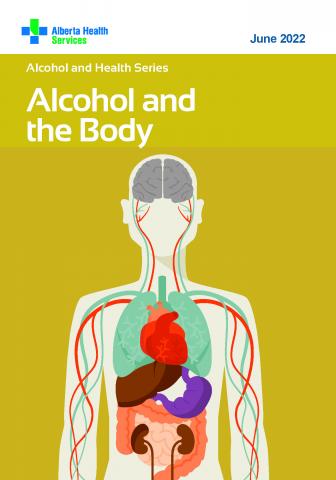Many adults enjoy a drink when socializing, relaxing, or celebrating. If you’re a senior it’s important to understand how alcohol can affect your health as you age, and consider what low-risk drinking means for you.
The effects of alcohol vary greatly from one person to another so it’s important to know yourself. Weight and size, genetics, family history, mixing alcohol with other substances or medications, stress, hunger and lack of sleep can all change the way alcohol affects you.
Why can’t I drink as much as I used to?
As you get older, your body processes alcohol more slowly and you become more sensitive to the effects of alcohol. With advancing age you often lose lean body mass, resulting in less water in your body to dilute the alcohol. You also produce less of an enzyme which helps break down alcohol, placing an extra burden on your liver.
If you have other health problems, they can be aggravated further by drinking. Risks of high blood pressure, memory loss, mood disorders, diabetes, digestive problems, loss of appetite, osteoporosis and stroke (among others) can all be increased when alcohol is involved.
Drinking alcohol also distorts vision and hearing, affects alertness, judgment, memory and reaction times, interferes with coordination, mobility and balance, and may result in an unexpected fall (ouch!).
